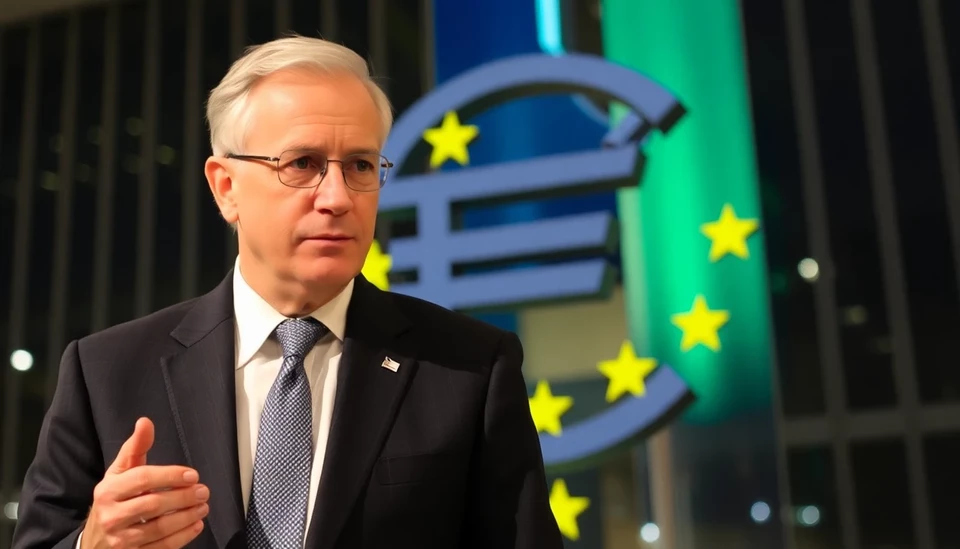
European Central Bank (ECB) policymaker Olli Rehn recently sounded the alarm about the prevalent weak growth in the eurozone, suggesting it could lead to heightened disinflationary pressures. During a speech on October 22, 2024, Rehn underscored the need for careful scrutiny of the current economic landscape, arguing that the additional challenges posed by sluggish growth may complicate the ECB’s efforts to stabilize prices across member nations.
Rehn, who currently serves as the Governor of the Bank of Finland and a prominent figure in ECB discussions, pointed out that the eurozone's economic slowdown is not an isolated phenomenon but part of a broader global trend. He emphasized that the possibility of weak growth persisting is a serious concern for monetary policymakers, hinting that it could stall the ECB’s ongoing battle against inflation.
In his comments, Rehn noted that while the ECB has made strides in raising interest rates to combat inflation—which surged higher than expected earlier in the year—factors including a reduced demand for goods and services and production slowdowns could conjoin to create disinflation, a situation where inflation rates decrease but remain above zero.
Looking ahead, Rehn called upon the ECB to remain vigilant and flexible in its monetary policy stance. He warned against overreacting to disinflation signs, advocating instead for a balanced approach that would accommodate current economic realities while still ensuring that price stability becomes a long-term goal. The central banker also highlighted the importance of effective communication from the ECB, which he believes plays a crucial role in managing market expectations amid ongoing uncertainties.
This caution comes at a time when the eurozone is grappling with the fallout from multiple global shocks, including supply chain disruptions and geopolitical tensions that threaten to undermine economic recovery efforts. Rehn’s insights point to a critical moment for the ECB as it navigates complex challenges that could influence its future policy directions.
As policymakers prepare for upcoming ECB meetings, the anticipation mounts around how they will adapt to the evolvement of economic data and its implications for inflation and growth. The sentiment expressed by Rehn reflects a growing consensus that requires a nuanced approach to stabilizing the economy without stifling growth.
Ultimately, the developments surrounding the ECB in light of Rehn’s warnings underscore the intricate balance that need to be struck between fostering economic growth and controlling inflation. As the situation evolves, stakeholders and markets alike will be closely observing the ECB’s responses to these emerging challenges.
#ECB #OlliRehn #Disinflation #EconomicGrowth #Inflation #Eurozone #MonetaryPolicy #MarketWatch
Author: Daniel Foster




